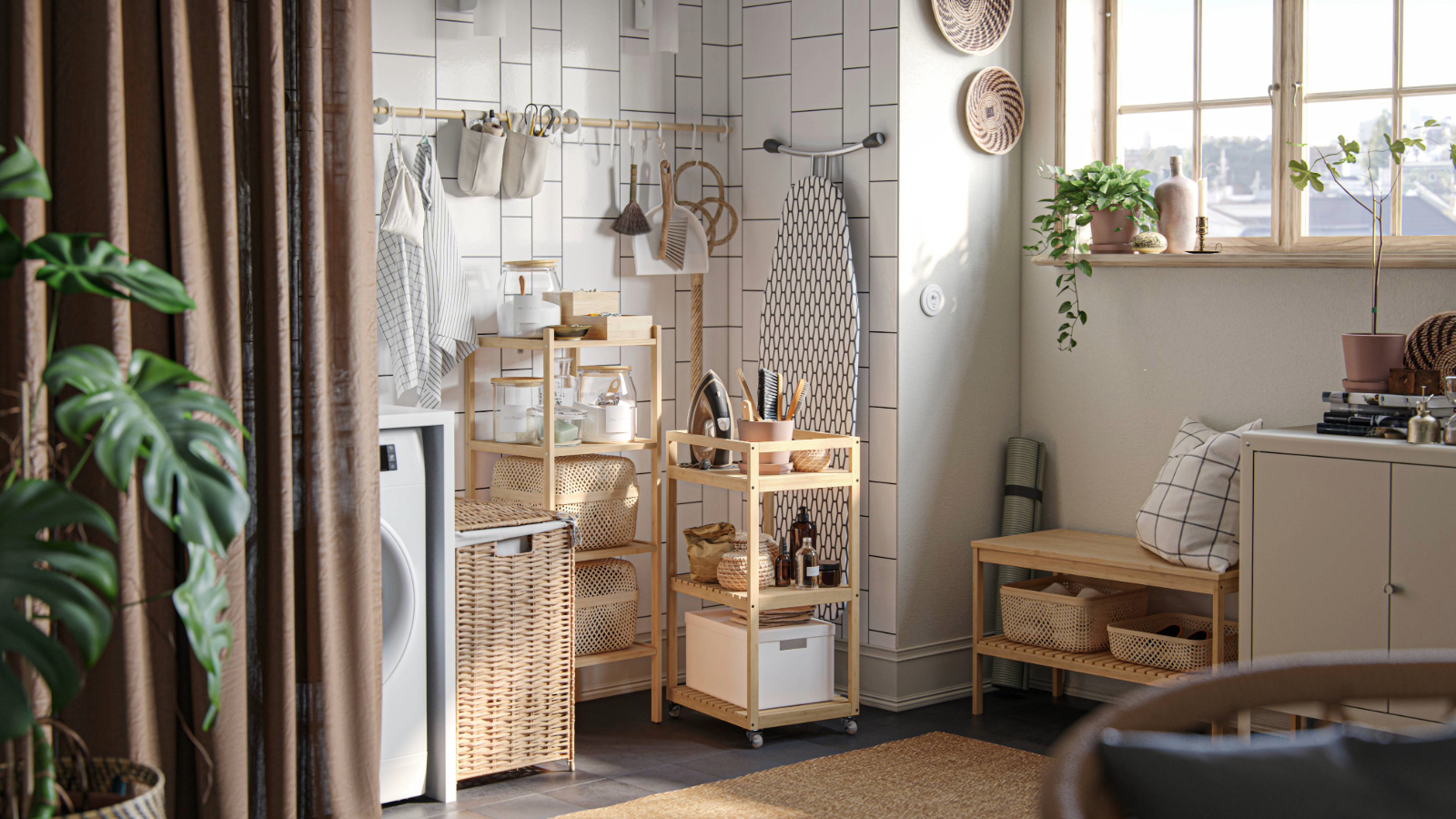Do I need a lighting designer? Find out what one does and if hiring a lighting designer could improve your home's interior and exterior
Planning an ambitious self build or renovating a poorly lit home and need some advice? I spoke with a professional lighting designer to find out if hiring one could turn out to be your missing lightbulb moment
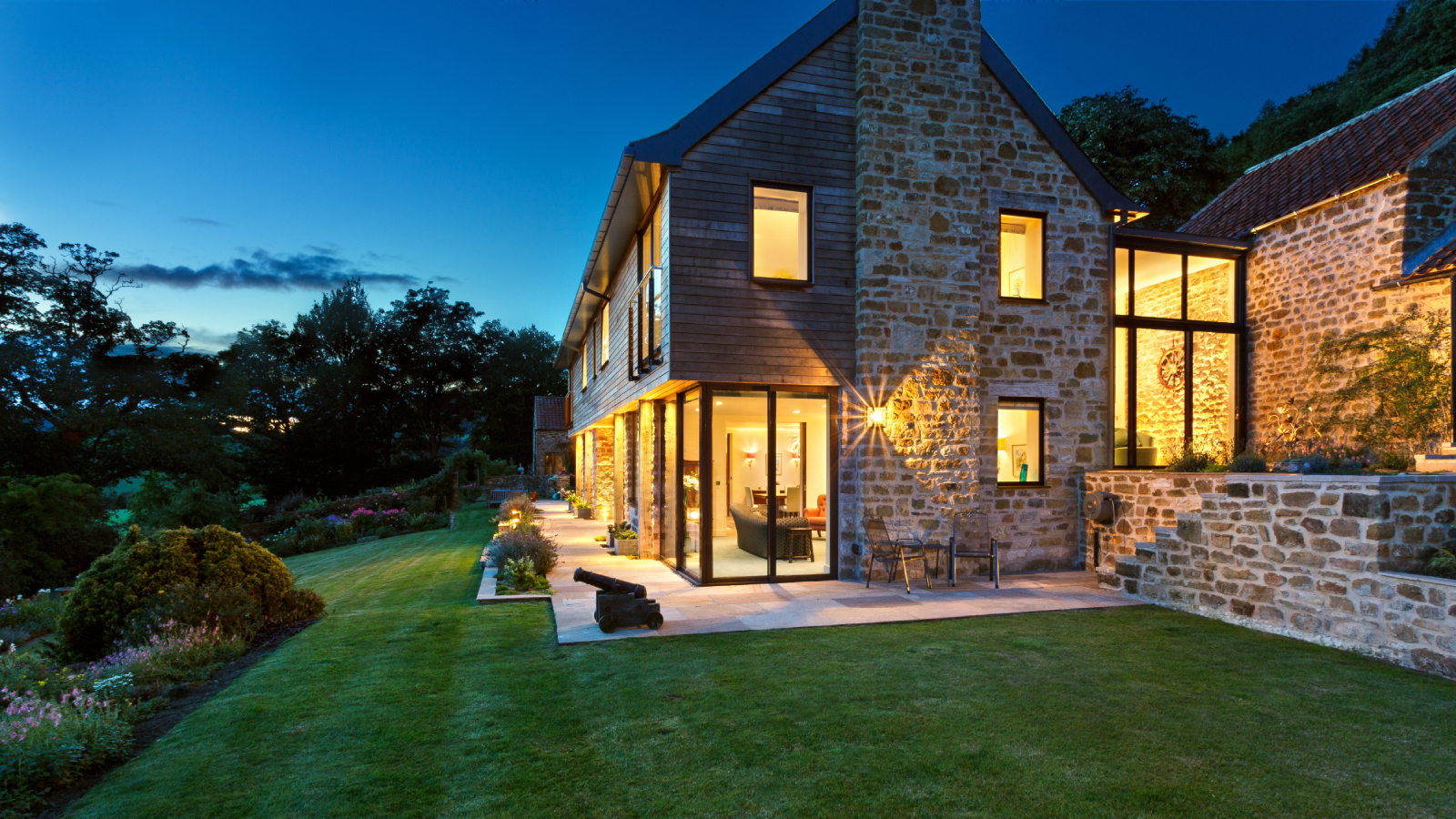
Bring your dream home to life with expert advice, how to guides and design inspiration. Sign up for our newsletter and get two free tickets to a Homebuilding & Renovating Show near you.
You are now subscribed
Your newsletter sign-up was successful
Although there are plenty of lighting design tips available online, collating them into one cohesive scheme can be easier said than done. If you don't know your ambient lighting from your accent lighting it could all seem like learning a new language. Get it wrong and you could end up with your home in partial darkness or looking like an airport runway.
And while you clearly don't need a lighting designer to pick out some new table lamps, I do speak from experience when I say there are certain home improvement and renovation projects that can be vastly improved by hiring one to create a tailored lighting design scheme.
In order to share some valuable insight into the professional services you may need when undertaking a self build or renovation, I spoke to lighting designer Melanie Shaw, design director of Brilliant Lighting, to ask her just what a lighting designer does and how their role differs from an interior designer or architect.
It can be easy to assume your lighting can be managed by other professionals on your project team — or even by you as the homeowner. But, there's more to it than you may think.
What does a lighting designer do?
One of my regrets is not hiring a lighting designer on my Grand Designs project. While I was able to get the basics right, the final results lacked the finesse a lighting designer could have brought to the scheme. This was particularly noticeable in the bathrooms and garden lighting. In hindsight, I wish I'd had a conversation with one at the time, as hiring a lighting designer means a lot more than receiving recommendations on which lighting trends are set to be big next year.
While a lighting or interiors expert will be able to offer this information, creating a lighting scheme is a far more complex and detailed assessment, as Melanie Shaw design director of Brilliant Lighting explains.
"A lighting designer will help you visualise your space and how you can make the most of it with light," explains Melanie Shaw.
Bring your dream home to life with expert advice, how to guides and design inspiration. Sign up for our newsletter and get two free tickets to a Homebuilding & Renovating Show near you.
"A good one should take your thoughts on how you are going to live in your home, add in your tastes, look at the architecture and layout and then develop a flexible lighting scheme for you that allows you to set the lighting just right for every occasion and use."
When you think of all the considerations there are when it comes to lighting, ranging from what kind of lights you need and where, the types of light switches you need and where to place them, whether you need a smart lighting system, do you need floor-mounted sockets anywhere, how will the lighting work as you move from room to room, which lighting temperature works best in each space and so much more — it's easy to understand why you might need a professional to deal with this on larger projects.
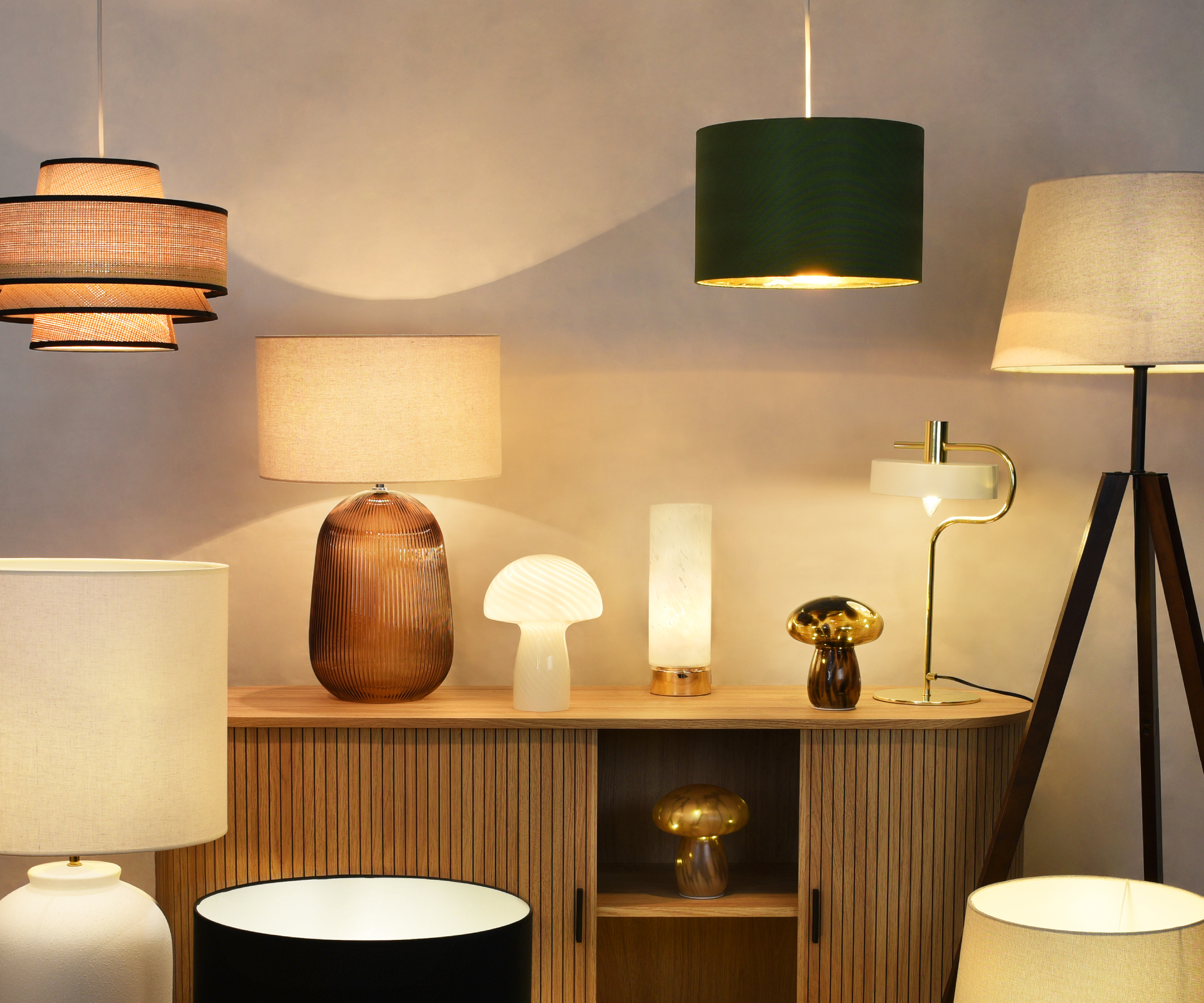
Do I need a lighting designer, interior designer and an architect?
If you have an interior designer already engaged, you could easily assume they can provide you with all the lighting ideas you need. And while they will to a certain extent do this, there's a difference in the level of advice on offer, says Melanie, although they usually work in tandem to help you get the most out of your project.
"Lighting designers are heavily dependent on there being interior designs in place or in development," explains Melanie. "The interior design, the way the interior is going to work, look, feel and be lived in forms the essential framework for the lighting scheme.
"However, while interior designers might be involved in the selection of decorative lighting; it’s less common for them to be involved in the design of architectural lighting," she explains.
"This is when the design choices need to be made around the characteristics of the light itself or the physical characteristics of the fittings; output, fixing mechanics, heat dissipation requirements and so on."
And if the mention of architecture leads to you to question whether it's a job for your architect instead, Melanie says otherwise.
"Architects and more specialist designers serve different functions. The scope of what an architect needs to master is immense and I'm astonished at the breadth of technical knowledge that architects have," says Melanie. "However, the flip side of that is that they can’t give lighting the same level of focus that a specialist designer can.
"Architects often provide a basic lighting design as part of their planning drawings," explains Melanie, "but they’re usually drawn up quite remotely from the interior design process. These initial basic designs might work within the architectural scheme, but they’re not going to be as finely tuned to the way people are going to live in the house once all the other factors that a lighting designer would consider are factored in."
At what stage of my project should I instruct a lighting designer?
The best time to hire a lighting designer may depend on the project. If you're renovating a house, a lighting designer should be brought on board before rewiring, to ensure that lights are situated in the right place at this point During a self build schedule, however, you may want to bring a light designer on board earlier, as part of the design brief — a point which Melanie wholeheartedly agrees on.
"The simple answer is early," says Melanie, "but it's an answer that needs more detail to help you understand why.
"We’re interested in making the most of the space with light," she explains. "We work with you to understand the architecture, the interiors and how you are going to live in the space. Therefore, the earlier a lighting designer is involved in the process, the easier it is put the infrastructure in place so you can seamlessly integrate the lighting into the fabric of the building — not as an afterthought.
"Designing lighting schemes that really work with the way you live in your house means not waiting until first fix to bring in the experts," she emphasises. "First fix should be seen as the point at which you’re implementing plans, not the point at which you start to think about them.
"Starting as early as you can helps you understand how your interiors are likely to work and then you can continue building from there."
Hiring a designer early on can also ensure you avoid problems in some of the practical considerations such as where your plug sockets for floor and table lamps need to go, if you have enough switches and in the case of kitchen lighting mistakes, have you included enough circuits to create different lighting effects for cooking and eating.
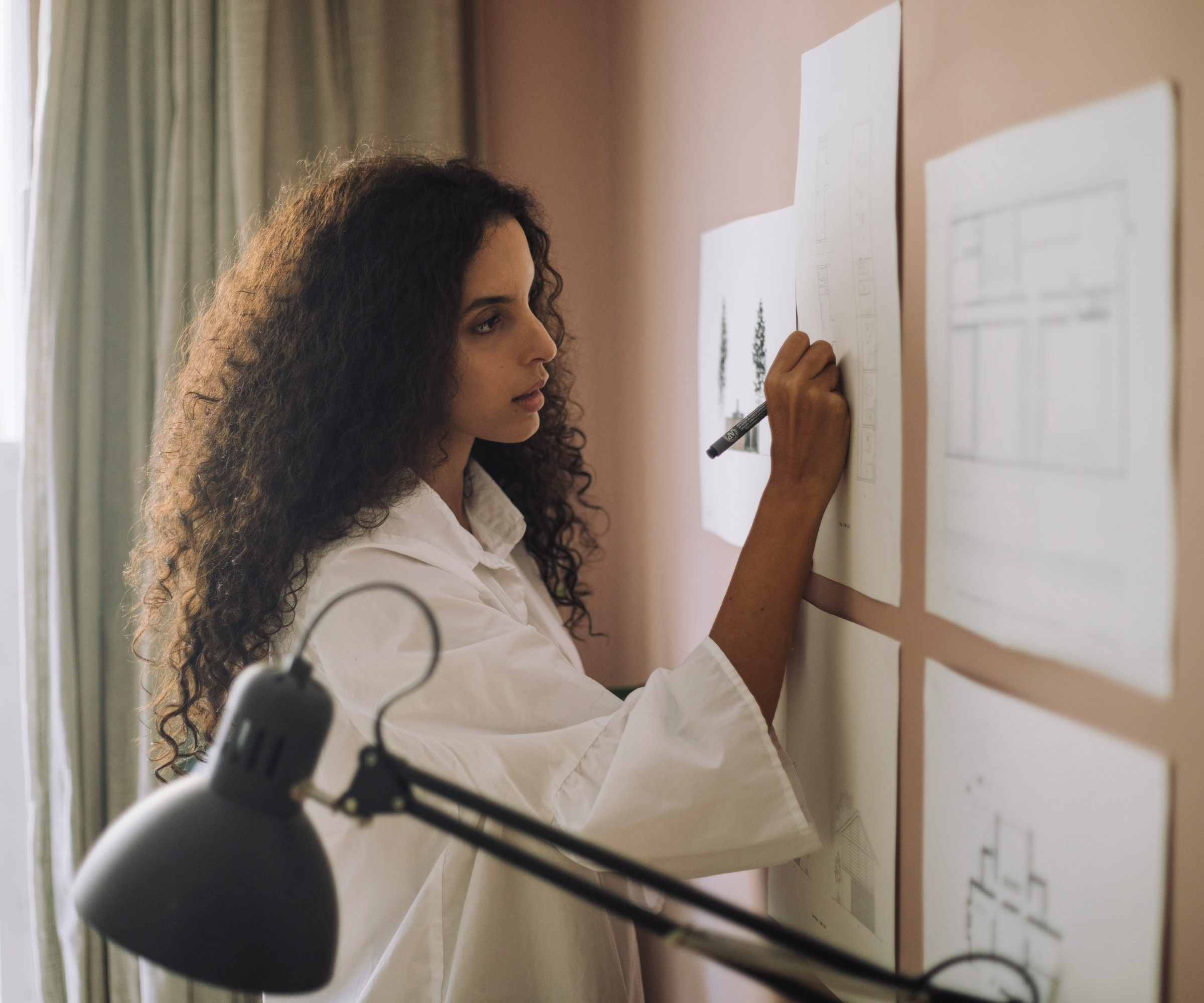
Where can a lighting designer make the most impact?
Although a professional lighting designer will be able to turn even the smallest of spaces into the most well-lit of bijoux abodes, it's often easier to visualise what you need in a smaller room agrees Melanie, meaning you may not always need a professional on board.
If you're renovating a relatively standard house, it's likely that you'll be able to create an effective lighting scheme without the help of a design professional, especially in a moderately sized room. However, when creating a large double-storey extension, for example, professional help may be worthwhile to perfect your lighting scheme, and in a self build, it can be essential. This is especially when projects get larger, more complex or more detailed in their architectural design.
"The spaces that might prompt our clients to come to us because they are daunted," says Melanie, "are the large open plan areas, often double-height and multi-purpose in design.
"It's spaces like this where we can really make a difference," she explains. "A lighting designer can help to make sense of how to light a complex space and do so based solely off plans. They don't always need to stand in the space and see it. This means the lighting scheme can built into the design, rather than waiting for the structure to be in place."
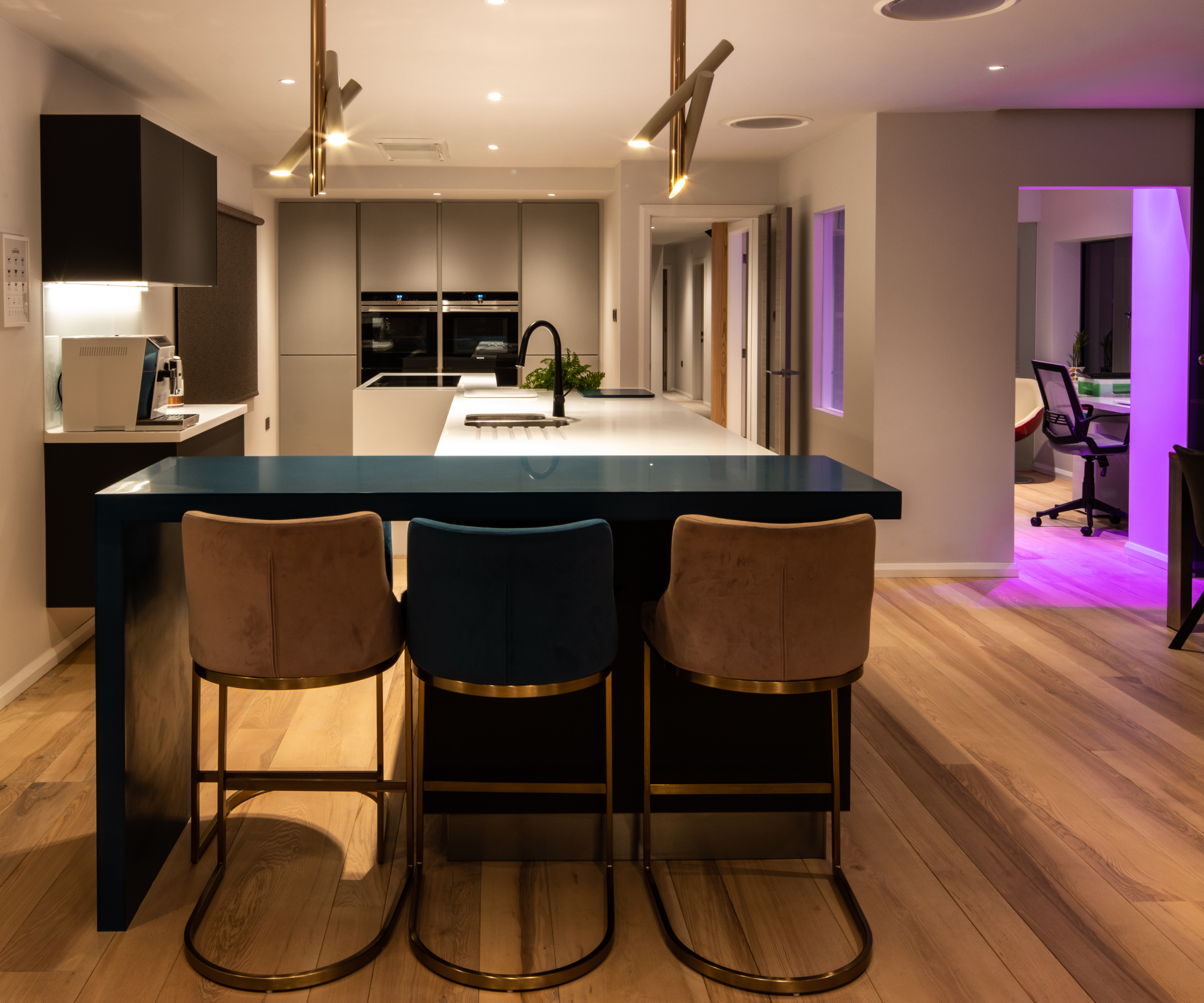
Can lighting designers work on interior and exterior lighting or do they specialise?
Although most lighting designers will be able to work on both your bedroom lighting ideas for example, as well as your garden lighting ideas, one of the most important considerations for external lighting is timing and planning ahead says Melanie. This can result in a lighting designer taking a more staggered approach to external work if this is what best suits your needs. But, you can't just forget your external lighting and add it in later.
"It’s common for people to take a phased approach to external lighting, particularly on new builds," she explains. "In those instances, we design an infrastructure first to include elements such as exit points for cabling and driver locations for LED fittings which need drivers to deliver a stepped down constant current.
"These are often best installed in the house or in an outbuilding with the end fittings specified with long tails to reach back to the driver locations," explains Melanie. "As hard landscaping is unforgiving, it’s not enough to run some mains cable to a location with a plan and hope you can simply sort it out later. Early thought and planning is essential."
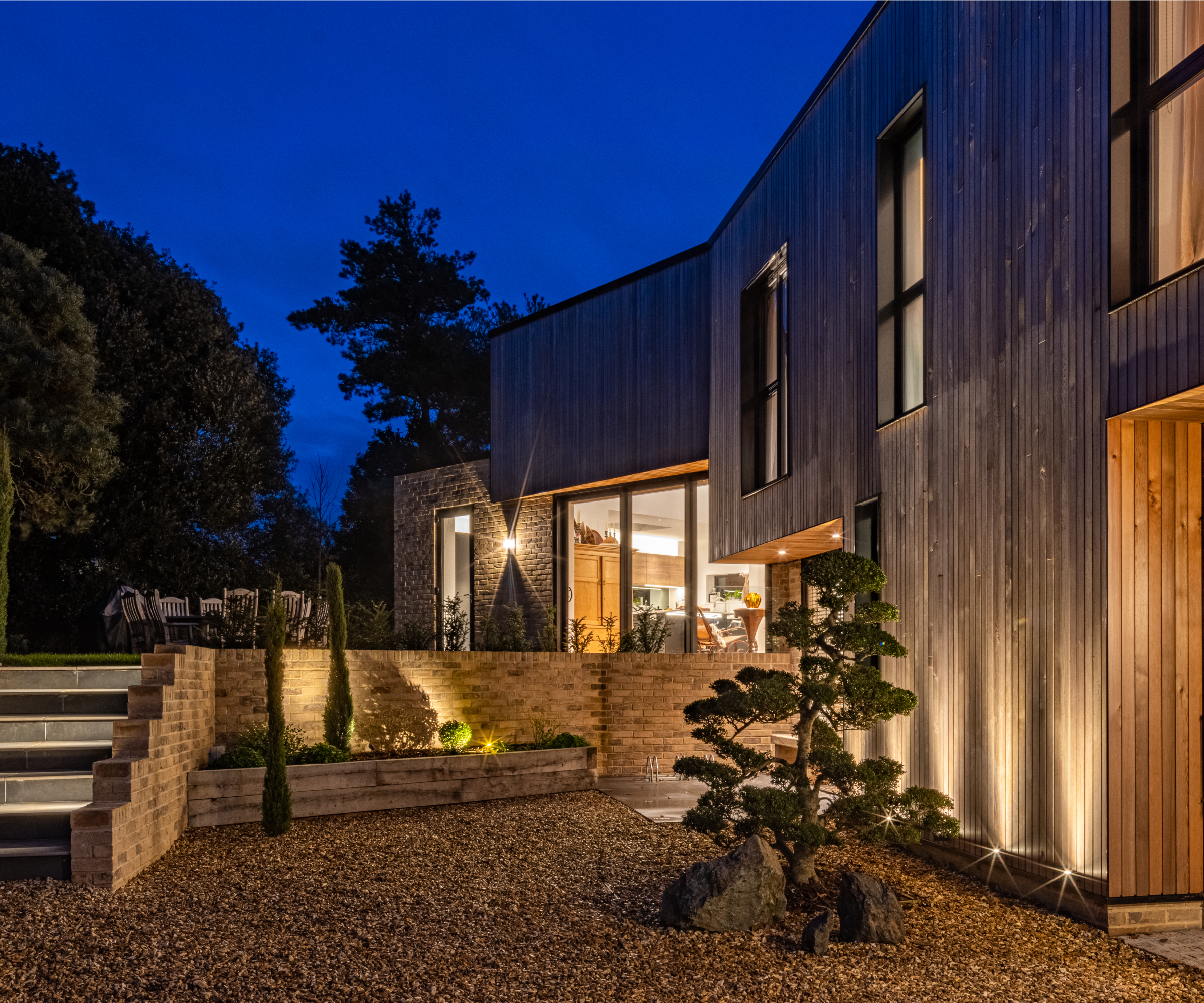
How much will a lighting designer charge?
As a percentage of your overall budget, this service may be more affordable than you'd imagine. A lighting designer may cost between £500 and £5,000 depending on the size of your project, and can bring all kinds of ideas you may not have considered, such as staircase lighting ideas and smart lighting.
"We charge on a hourly rate and provide very good budgeting figures upfront," says Melanie, "but it's not an easy question to answer. However, unless there are massive design or scope changes, we always operate within our estimates," she says.
"We tend to do more work than is charged for," she notes, saying the fees charged by lighting designers would typically represent the smallest part of the lighting budget for any project.
"The largest cost is usually the costs of the fittings themselves," explains Melanie. "Good quality lighting costs more but it’s an investment; the fittings will last longer and the quality of the light they produce makes all the difference."
How can I find a lighting designer?
Although you may reach for your laptop as a starting point for finding a lighting designer, Melanie shares a word of caution.
"Googling for 'lighting designers' might throw up a confusing mix of theatre lighting designers and commercial lighting designers who do large-scale projects like airports, stadiums or car parks," warns Melanie.
"Instead, whittle it down a bit," she suggests. "Searching for 'residential lighting designers' should return results more suited to domestic sized projects. If you’re looking for help with specific problems then be specific; you might well stumble on the solution to the problem you’re wrestling with, or someone who can help."
And of course, as is often the case, Melanie explains how the company gets the majority of its clients through word of mouth. "Always ask your friends for recommendations," she says, "particularly if any of them have gone through a major build or renovating project."
There are many benefits that will come with hiring a lighting designer, including experience in creating both simple and complex lighting schemes, expert product knowledge and consideration of light colour, brightness, angle, shape and shadow. A lighting designer will have a far more in-depth knowledge than you may perhaps initially think.
"I think the main benefit we offer," says Melanie, "is the same as any other professional you hire to work on your project. It's expert specialist knowledge.
"We understand what we are looking to do with light and more importantly we have the lighting, construction and electrical knowledge and experience to know how we are going to achieve it," she says.
"A lighting designer can bring an additional level of specialist knowledge to a lighting design that it would be surprising to find in an architect or interior designer."
Keen to start collecting some lighting ideas to share with a lighting designer? Start by checking out some of our favourite kitchen lighting ideas and if you work from home, don't forget the importance of lighting a home office well.
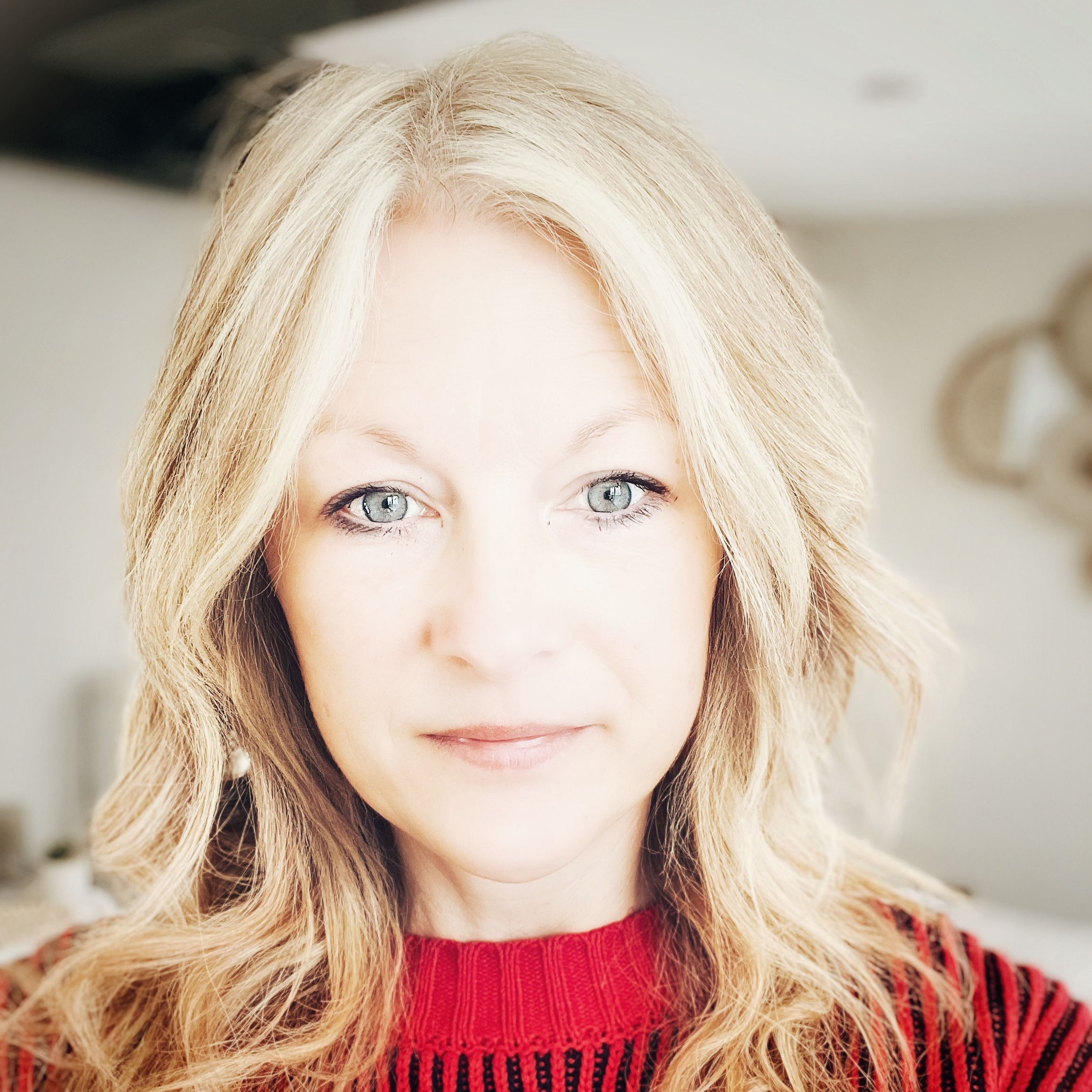
Sarah is Homebuilding & Renovating’s Assistant Editor and joined the team in 2024. An established homes and interiors writer, Sarah has renovated and extended a number of properties, including a listing building and renovation project that featured on Grand Designs. Although she said she would never buy a listed property again, she has recently purchased a Grade II listed apartment. As it had already been professionally renovated, she has instead set her sights on tackling some changes to improve the building’s energy efficiency, as well as adding some personal touches to the interior.
